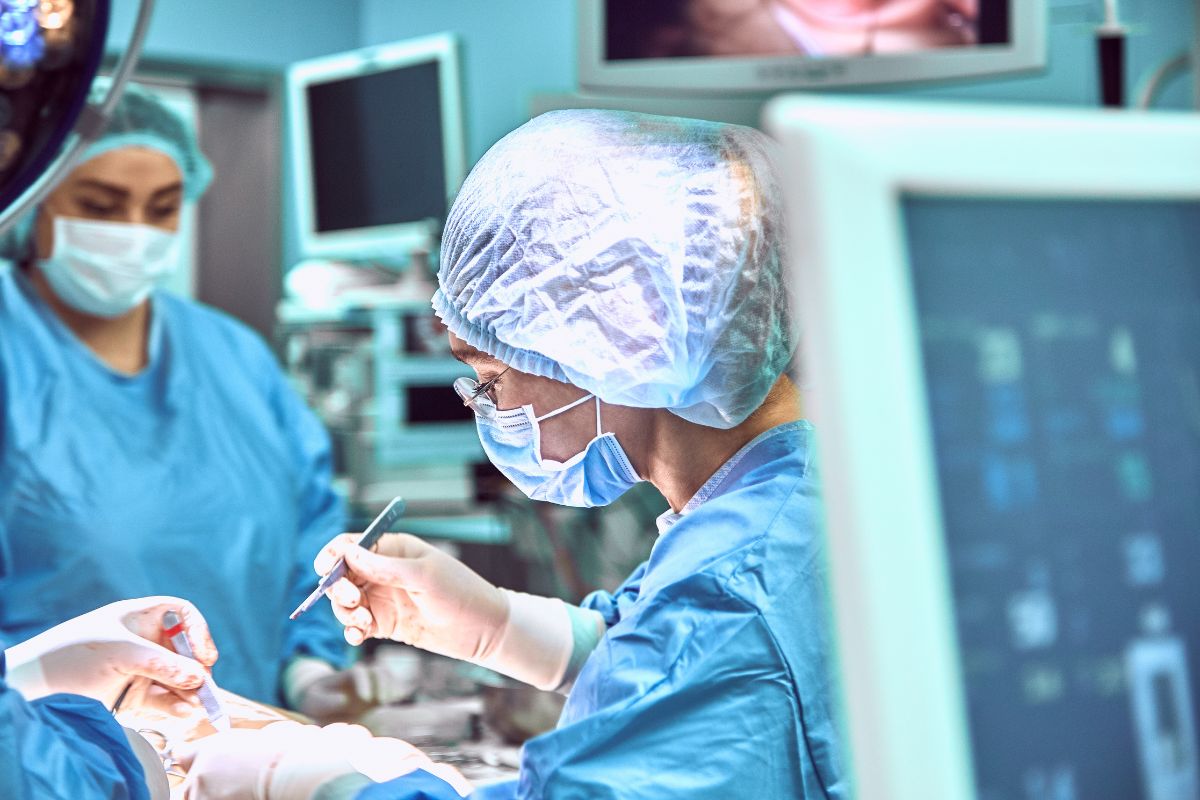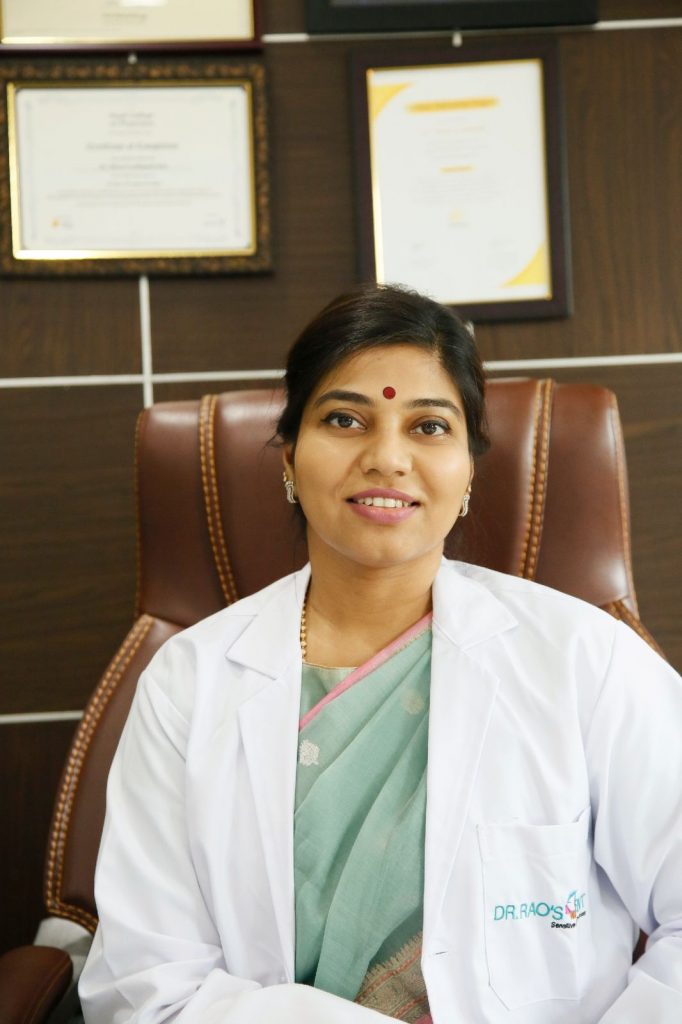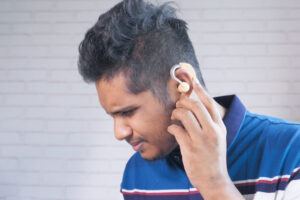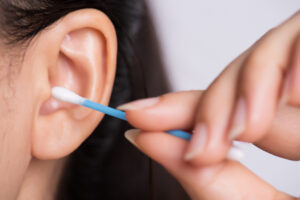Introduction to parotid surgery
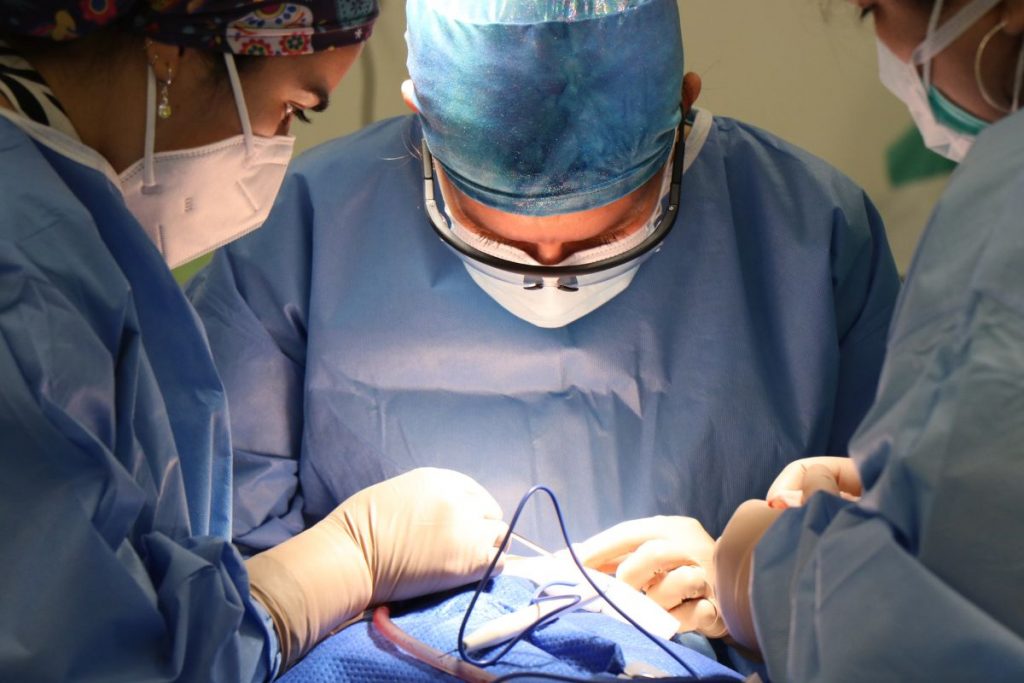
In this article, Dr Shree Rao talks about parotid surgery. She is the Best Doctor for Cochlear Implants.
Parotid surgery is a specialized procedure that focuses on treating conditions affecting the parotid gland – the largest of the salivary glands located just in front of the ears. It is performed to address various issues such as tumors, cysts, infections, and salivary stones, offering effective solutions for those dealing with parotid gland-related concerns. Depending on the specific condition and its severity, different surgical approaches may be employed, ranging from minimally invasive techniques to more extensive procedures.
When it comes to parotid surgery, having an experienced and skilled ENT specialist like Dr. Shree Rao by their side can make all the difference for patients. With her vast knowledge and compassionate approach, Dr. Rao ensures that each patient receives personalized care tailored to their specific needs and condition. She takes the time to thoroughly assess their medical history, conduct comprehensive evaluations, and provide detailed explanations about the surgical procedure and expected outcomes.
Dr. Shree Rao’s commitment to patient well-being extends beyond the surgical suite. She provides ongoing support and follow-up care to monitor patients’ progress and ensure their optimal recovery. Her dedication to her patients’ health and her warm and approachable demeanor make her a trusted ally in the journey of parotid surgery and overall salivary gland health.
If individuals or their loved ones are facing parotid gland-related issues, Dr. Shree Rao’s expertise and compassionate care can guide them towards a healthier and more comfortable life. Let’s explore the world of parotid surgery together and discover how Dr. Rao can make a positive impact on their well-being.
Preparing for parotid surgery
Preparing for parotid surgery is essential for achieving a successful outcome. This article offers a step-by-step guide to assist individuals in getting ready for their upcoming procedure.
- Consultation with your surgeon – An in-depth consultation with the ENT surgeon is the first crucial step. They will assess the medical history, perform a physical examination, and discuss the surgical procedure, addressing any concerns or questions. Proper preparation and communication ensure a smooth and successful parotid surgery experience.
- Medical evaluation – The surgeon may request additional medical tests, including blood work, imaging studies, or a biopsy, to assess the patient’s overall health and the condition of the parotid gland. This evaluation ensures the patient’s suitability for the surgery and helps identify and address any potential risks or complications.
- Understanding the procedure – The surgeon will explain the surgical approach, discuss potential risks and benefits, empowering patients to make informed decisions about their treatment.
- Lifestyle adjustments – Before the surgery, the surgeon may advise specific lifestyle changes to enhance your health and reduce potential risks. These might involve quitting smoking, effectively managing chronic conditions like diabetes or hypertension, and abstaining from certain medications or supplements that could impact the surgery or recovery.
Types of parotid surgery procedures
In the field of parotid surgery, several procedures are commonly performed to address various conditions affecting the parotid gland. Each procedure is tailored to the patient’s specific needs and the nature of the glandular issue. Here are some of the most common types of parotid surgery procedures:
In this procedure, only a portion of the parotid gland is removed, while preserving the healthy tissue. It is often used to treat benign tumors or cysts within the gland.
This surgery involves the removal of the outer portion of the parotid gland. It is typically recommended for treating certain types of benign tumors or managing chronic inflammation of the gland.
As the name suggests, a total parotidectomy involves the complete removal of the parotid gland. It is usually performed to treat malignant tumors or extensive diseases affecting the gland.
In this procedure, the surgeon removes the tumor or diseased tissue from the parotid gland while leaving the gland’s capsule intact. It is often used for certain benign tumors or specific cases of parotid gland infections.
When dealing with tumors that are close to the facial nerve, a specialized approach called facial nerve conservation surgery may be employed. This technique aims to preserve the function of the facial nerve while effectively removing the tumor.
In recent years, minimally invasive robotic-assisted techniques have been introduced for parotid surgery. This approach allows for smaller incisions and precise movements, reducing scarring and promoting faster recovery.
It is essential to consult with a skilled ENT specialist to determine the most suitable parotid surgery procedure based on the patient’s condition and specific needs.
Parotid surgery procedure
Parotid surgery is a specialized surgical procedure performed to address various conditions affecting the parotid gland. The surgery aims to remove tumors, manage chronic inflammation, or address other glandular issues to restore or preserve optimal health.
- Anesthesia and sedation options – Before the surgery, the patient will be administered anesthesia to ensure comfort and a pain-free experience during the procedure. The type of anesthesia used may vary depending on the patient’s medical history and the surgeon’s preference.
- Incision placement and surgical access – Careful planning goes into determining the location of the incision to minimize scarring and achieve optimal access to the parotid gland. The surgeon will make precise incisions to reach the affected area while considering cosmetic outcomes.
- Nerve preservation and facial nerve monitoring – Preserving the facial nerve is of utmost importance during parotid surgery to maintain facial movement and prevent potential nerve damage. Surgeons use advanced techniques and monitoring devices to identify and protect the facial nerve during the procedure.
- Surgical removal of tumors or diseased tissues – The primary goal of parotid surgery is to remove tumors or diseased tissues from the parotid gland. Depending on the extent and nature of the condition, the surgeon may perform partial, superficial, or total parotidectomy.
During the surgery, the surgeon carefully excises the affected tissues, ensuring complete removal while minimizing damage to surrounding healthy structures.
Recovery and post-operative care
Following parotid surgery, the patient’s recovery and post-operative care play a vital role in ensuring a successful outcome. Here are some essential aspects of the recovery process and the care required:
- Hospital stay and monitoring – After the surgery, the patient will be closely monitored in the hospital’s recovery area. The medical team will keep a close eye on vital signs and ensure a smooth transition from anesthesia.
- Pain management – Pain and discomfort are common after parotid surgery. The medical team will administer pain medications as needed to manage post-operative pain effectively.
- Wound care – Proper wound care is crucial for preventing infection and promoting healing. The surgical site will be dressed, and the patient will receive instructions on how to care for the incision area.
- Swelling and bruising – Swelling and bruising around the surgical site are expected and may take some time to subside. Applying cold compresses and keeping the head elevated can help reduce swelling.
- Diet and nutrition – The patient may be placed on a soft or liquid diet initially, gradually transitioning to a regular diet as tolerated. Adequate nutrition is essential for a swift recovery.
- Activity restrictions -Patients will be advised to limit physical activities, especially strenuous exercises, during the initial recovery period to avoid strain on the surgical area.
- Facial nerve function – Monitoring facial nerve function is critical post-surgery. The medical team will assess the patient’s ability to move facial muscles, ensuring that nerve function remains intact.
- Follow-up appointments- Regular follow-up appointments with the surgeon are scheduled to monitor the healing process, assess the surgical site, and address any concerns or questions the patient may have.
- Complication awareness- Patients will be educated about potential complications and when to seek immediate medical attention, such as excessive bleeding, fever, or signs of infection.
- Emotional support – Recovering from parotid surgery can be a challenging time emotionally. Patients may experience anxiety or concern about the surgery’s outcome. Emotional support from family, friends, and healthcare professionals can be beneficial during this period.
By adhering to the post-operative care instructions and attending follow-up appointments, patients can enhance their recovery and achieve the best possible results from parotid surgery.
Potential risks and complications
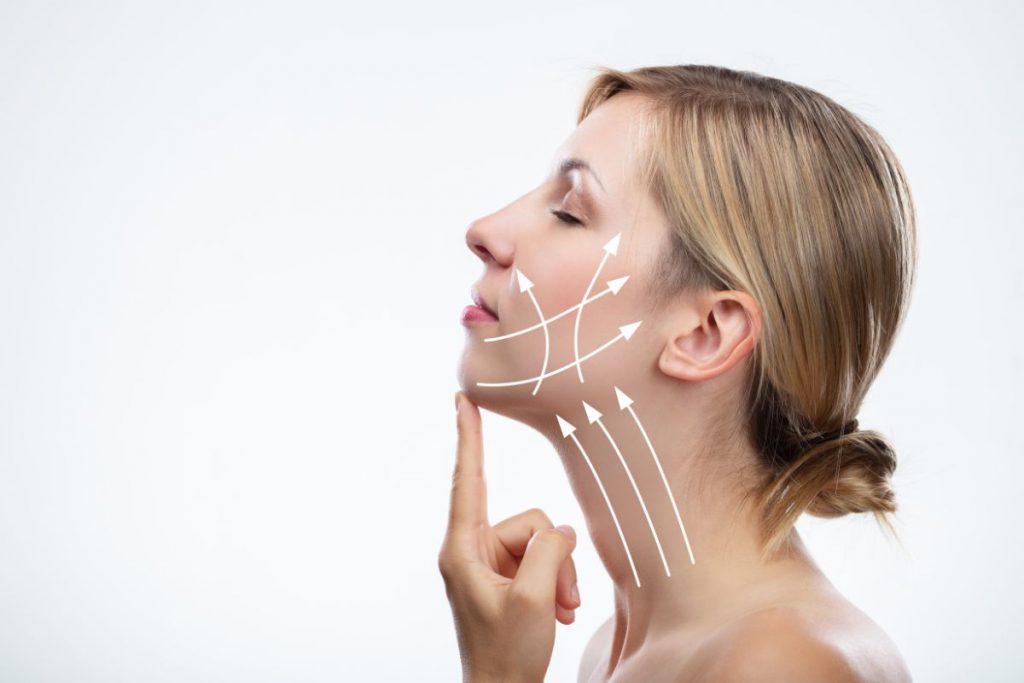
Here are some potential risks and complications associated with parotid surgery:
- Bleeding
- Infection
- Nerve damage
- Salivary fistula
- Frey’s syndrome
- Scar formation
- Facial asymmetry
- Hematoma
- Allergic reactions
When to consider parotid surgery
Here are some situations in which parotid surgery may be considered:
- Parotid tumors
- Chronic infections
- Salivary stones
- Salivary gland obstruction
- Frey’s syndrome
- Facial nerve disorders
Conclusion
In conclusion, Dr. Shree Rao’s expertise, compassion, and patient-centered approach make her a highly regarded ENT specialist for parotid surgery. Her personalized care and commitment to patient well-being ensure a positive and successful outcome. If you or a loved one is considering parotid surgery, schedule a consultation with Dr. Shree Rao to experience the difference in your journey towards improved salivary gland health.

Why consult EarSurgeon, Dr. Shree Rao?
Dr. Shree Cuddapah Rao is acclaimed as one of the best pediatric ENT specialists in Hyderabad. With 10+ years of deep domain experience in the field of ENT, she is the director at Dr. Rao’s ENT Super Specialty Hospital. She underwent specialized training in Rhinoplasty / Facial Plastic surgery at Singapore General Hospital, Singapore. She also underwent advanced training in cochlear implant surgery under Padmashri Dr. Milind V Kirtane and had a Fellowship in a cochlear implant. Having performed over 200 successful cochlear implants for patients worldwide, Dr. Shree Cuddapah Rao is also the recipient of several prestigious accolades in the domain of ENT. Dr. Shree Rao is one of the best ent doctor in hyderabad, to book an appointment click here.
Are you looking for
then you have landed at right place!

